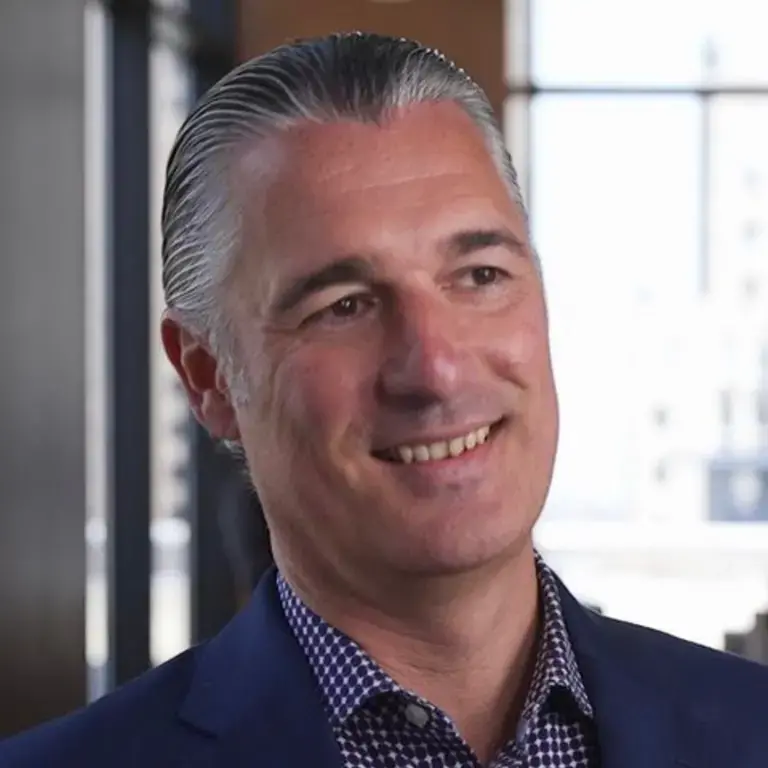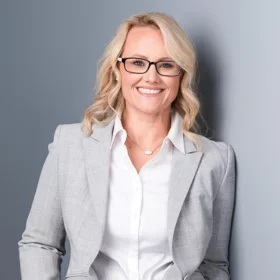By Matthias Kuhlmey, Lecturer in the M.P.S. in Wealth Management Program, School of Professional Studies
Pride and joy that echoes from past times; an eight-year-old version of myself, proclaiming victory over a LEGO city that had to be torn down and rebuilt! It was the promise of this very modular world; each piece, or building block, that could be combined in endless, colorful ways. Unknowingly, I had seen the future.
The rise of the independent channel for financial advice over the past years has been vastly accelerated by an emerging co-trend: the modularization of wealth management. The superiority of once domineering wealth management firms, with their vertically integrated business models that were closed off to choice, transparency, and much-needed change, has caused significant impairment to those slow to adapt.
Today’s wealth management firms are well-positioned to be nimble: they outsource to third parties, and benefit from an abundant evolution in fin- and wealthtech. Offering advice is no longer about controlling “all the pieces”—it’s now about how solutions are curated to fulfill the advice formula while creating a meaningful experience for clients. This trend, still so fresh in its origins, is ready for yet another disruption.
Tokenization, the process of converting real-world assets into digital tokens on blockchain networks, is rapidly shifting how we define ownership, transact with each other, and build financial infrastructure. From real estate, fine art, to equities and commodities, nearly every asset can now be fractionalized. Significant industry players are already committed to this seemingly “far into the distant future operating model.”
As an evolution of a revolution is playing out, specifically the shift from vertical to modular business models, while now embracing tokenization, another, powerful trend is emerging: the rise of a young generation of wealth. Digital natives prioritizing values over value, seeking peer-to-peer engagement and networking, while uncompromisingly leading the democratization of access to solutions and advice.
This new approach to value proposition opens the door to broader client participation, with tokenization becoming the “tool,” for suitable investors to own fractions of assets and “trade” them seamlessly across markets. This evolution is not just about new technology, but a fundamental shift in mindset. In the tokenized world, ownership is decentralized, assets are more liquid, and operating costs are coming down.
We are witnessing the emergence of a more vibrant, interconnected financial system in which vertical integration now truly becomes a relic of the past. Not only are traditional and digital finance converging, but barriers between industries will likely be blurring. The risks of transition remain high, especially for regulators in their pursuit to uphold proper consumer protection and inform a new status-quo.
Developments in the wealth management industry may only be the beginning. As companies experiment with new ways to tokenize assets, we will see the tokenization of intellectual property, personal brands, and even future earnings streams. Blockchain providers will become “economic entities” with their own “currencies” to maximize a new value chain. Digital assets are the way of the future.
In this emerging world, the question is not just about who will succeed, but who is at risk to be left behind. The limit to what can be tokenized will rest only in our imaginations. And this is the issue: Our industry remains comfortable, trusting that an emerging generation of wealth will follow the set building plans with the pieces provided.
Even as an eight-year-old, I understood better: Creative destruction is the key to play.
About the Course: Special Topics in Wealth Management: Disruptive Trends
Columbia SPS is on the forefront of leading issues in the Wealth Management profession. This course is designed to explore disruptive trends in the Wealth Management industry and the opportunities and challenges that may result. As the profession evolves, our graduates will be prepared to be leaders within all business models across wealth management. Topics include, but are not limited to, technology, client psychology, ESG/sustainable investing, financial products, evolving fee structures, shifting demographics, increased regulatory burdens, democratization of financial advice, and more.
About the Program
A 16-month online program with asynchronous instruction, specially designed to accommodate working professionals, Columbia University’s Master of Professional Studies in Wealth Management program is taught by distinguished faculty with deep applied experience in their respective fields. Additionally, it is a CFP Board Registered Program designed to help students meet the educational requirements for CFP® certification.



